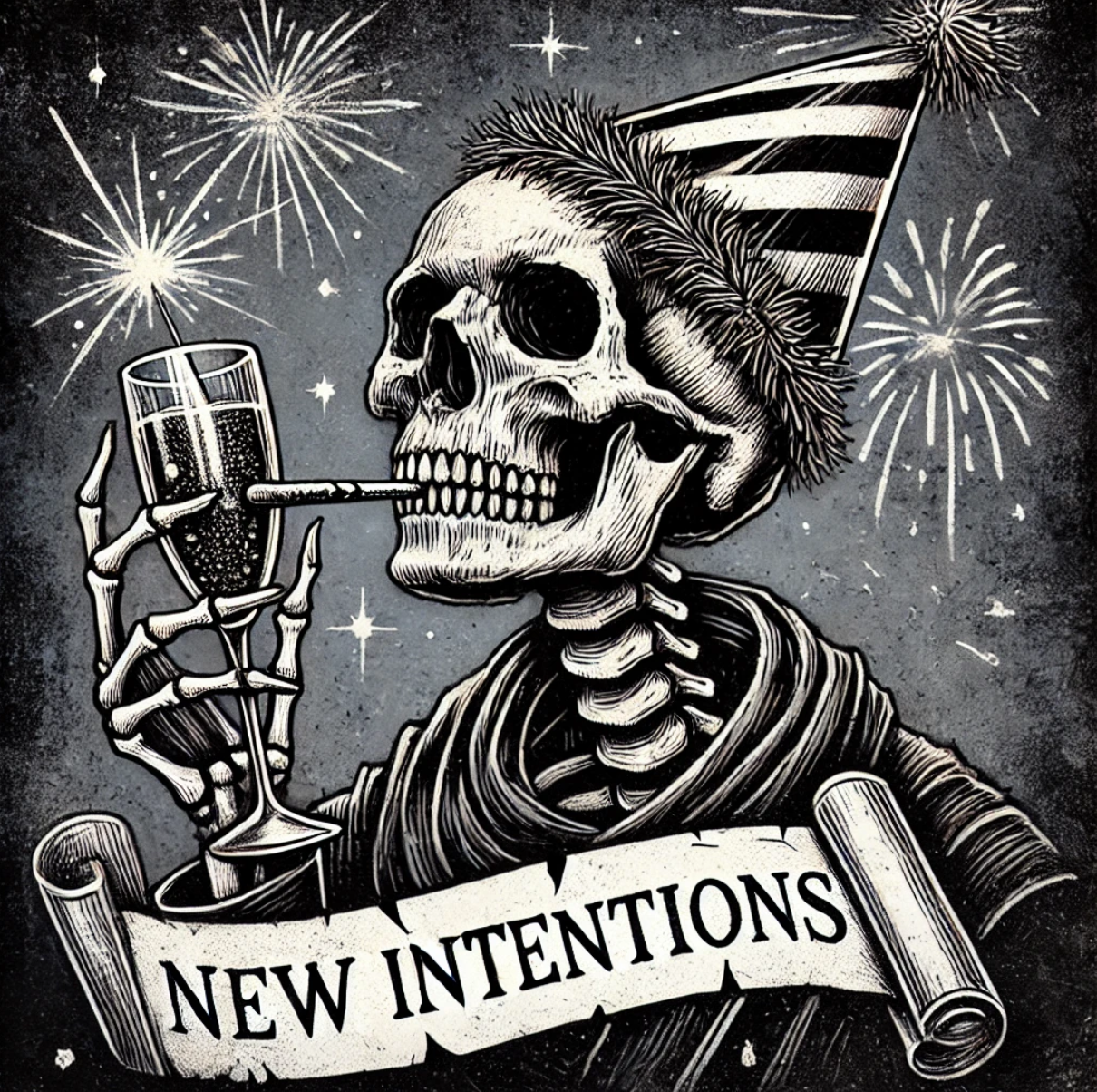In today’s fast-paced world, Type A personalities often wear their busyness as a badge of honor. If you’re driven, competitive, and prone to feeling guilty when you slow down, you’re not alone. But while hustle culture glorifies productivity, the truth is that constantly running at full speed isn’t sustainable—or healthy. Let’s dive into why Type A individuals struggle with rest, how this impacts overall well-being, and how to create a healthier relationship with rest and recovery.
- A strong sense of urgency.
- A high drive for achievement.
- A tendency toward perfectionism.
- Difficulty delegating tasks or trusting others to meet high standards.
- Do you feel anxious when you’re not being productive?
- Do you have trouble saying “no” to new responsibilities or opportunities?
- Do you often feel frustrated by delays, inefficiency, or mistakes?
- Is it hard for you to sit still or take a day off without guilt?
- Do you constantly strive for perfection in your work and personal life?
-
Fear of Falling Behind
Rest can feel like a waste of precious time. Many Type A individuals equate downtime with laziness, fearing it will hinder their progress. -
Guilt from Taking a Break
Type As often feel obligated to justify rest, treating it as something earned only after every task is completed (and spoiler alert: there’s always another task). -
Cultural Conditioning
We live in a society that glorifies busyness and hustle, making it easy to internalize the idea that rest equals failure. -
Biological Impacts of Stress
The constant activation of the stress response can leave your body in a heightened state of alertness, making it physically harder to relax.
-
Reduces Stress Hormones
Regular rest lowers cortisol levels, which can help regulate sleep, digestion, and mood. -
Enhances Productivity
Studies show that breaks and structured rest periods improve focus and efficiency. -
Boosts Creativity and Problem-Solving
Pausing allows your brain to process information subconsciously, leading to clearer insights.
-
Reframe Rest as Productivity
Think of rest as a tool to recharge, not a break from achieving. Just like your phone needs to be charged to work, so do you. -
Start Small
Begin with micro-rests: five-minute breathing exercises, a quick walk, or a warm bath to decompress (bonus points for incorporating calming rituals like a salt soak).
Practice Awareness
Start noticing when stress or frustration creeps in. Ask yourself:
- What triggered this feeling?
- How can I approach it from a calmer perspective?
Schedule your rest like a meeting: Put rest into your calendar to ensure you prioritize it. Whether it’s an hour-long salt soak on Sunday or a 10-minute midday stretch, give yourself permission to rest.
Celebrate your rest wins: Acknowledge your efforts to rest. Share your wins with friends, or keep a journal of how rest improved your mood, energy, or focus.



